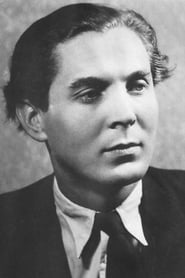
To cure skinny five-year-old Pepánek, the doctor advises prescribing proper eating habits instead of pills. If his mother organizes the household better, she will have enough time for her son, for reading, and for her husband. The Ministry of Health’s mentoring guidance shows, with friendly indulgence, how to avoid parenting mistakes, and to enrich society with the next generation of pioneers.
No Trailers found.

Commentary (voice)